You’ve probably heard a lot about social media and mental health, but did you know that there are negative effects of social media on creativity?
We tend to forget that social media also has a dark side. Not only do social platforms like Facebook and Twitter suck your time away, but they could also stifle your creativity.
And while we’re all guilty of using social media as a way to procrastinate on occasion, there are ways to combat the negative impacts of social media so you can live a healthier life.
In this article, we will discuss the different effects of social media and how we can make sure that these tools don’t hinder our creative side!
Recommended Reading:
What is Social Media?
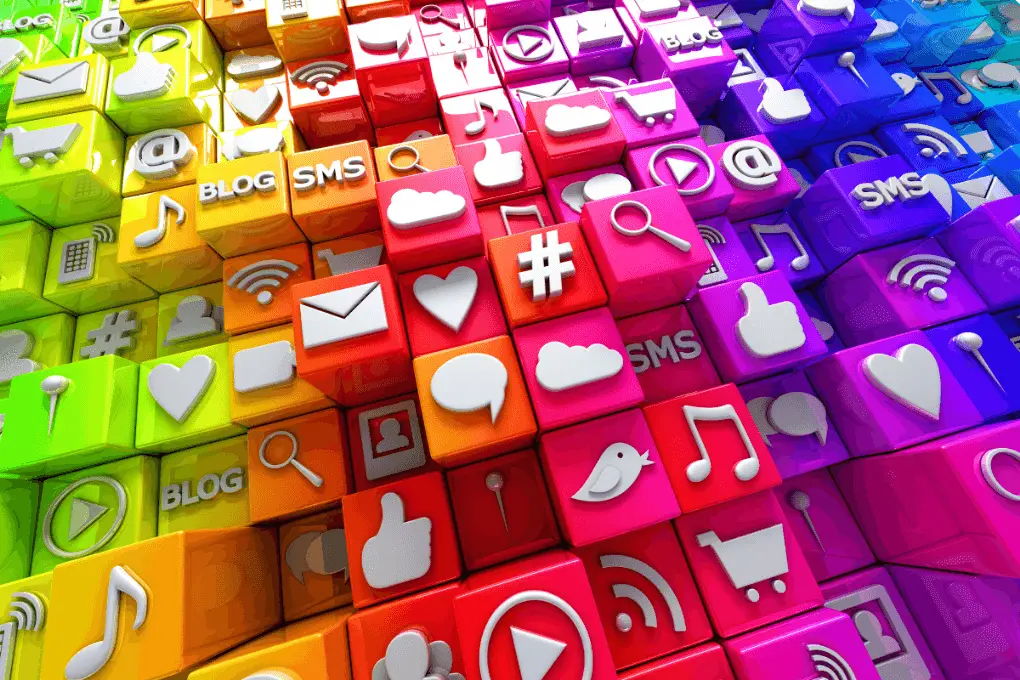
Unless you’re living under a rock, you’ve probably encountered social media in many ways than one.
Social media could be a phone application or computer software — or both — that allows us, users, to communicate and share information. Some of the information we can share includes text, images, videos, GIFs, etc.
Today’s most popular social media networks include Facebook, Instagram, LINE, QQ, Snapchat, Telegram, TikTok, Twitter, Tumbler, Viber, WhatsApp, WeChat, and Weibo.
Websites such as LinkedIn, Quora, Reddit, Pinterest, Wikis, Microsoft Teams, and YouTube are also considered as social media sites – in the sense that these are used for sharing content, interacting with others, and forming “virtual” communities.
By now, you probably already know that each social media platform has a specific focus. For one, companies use LinkedIn to recruit the best candidates, while job seekers use it to find jobs.
Youtube, on the other hand, is the platform of choice by most vloggers and video creators. Facebook is for the general public, while TikTok is predominantly for Millenials — and so on.
Benefits of Using Social Media
Before we talk about the negative effects of social media on creativity, let’s take a look at the positive impacts first.
In particular, what are the advantages of using social media in relation to creativity?
Here are some:
1. Social Media can be a great source of inspiration.
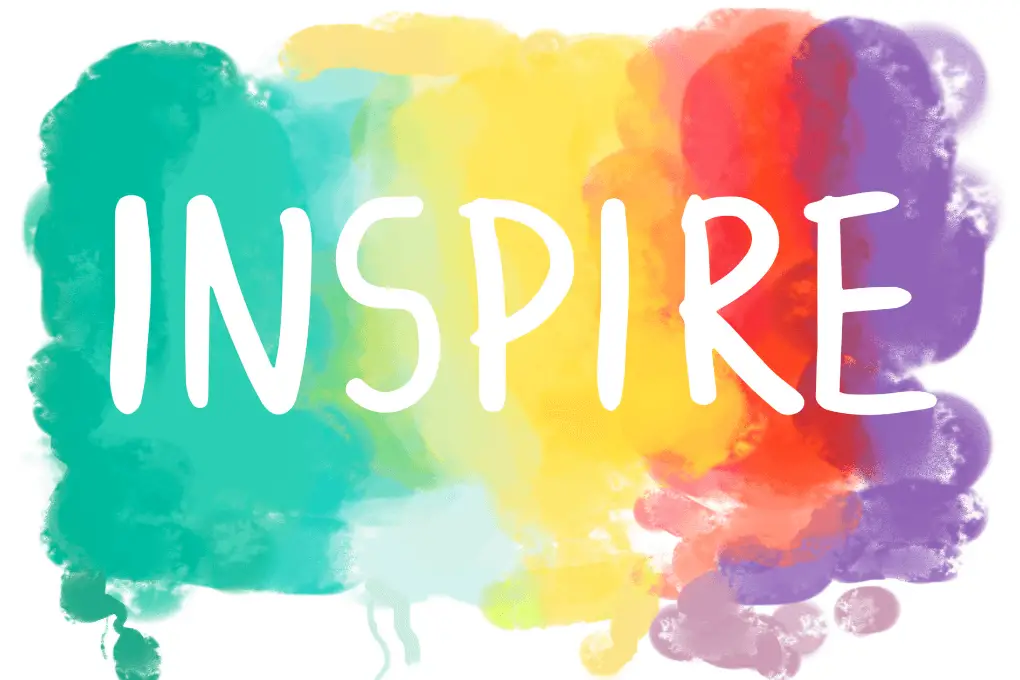
Just as people used to spend hours in libraries poring over books and manuscripts for new ideas and inspiration, most people today can simply go online and find what they’re looking for.
Social networks like Pinterest, for example, feature inspiring content that can fuel your ideas. Likewise, there are many Facebook pages and YouTube channels that we can “follow” to help us develop new ideas for specific creative projects.
Whatever type of material or information we need, there is bound to be a document, image, audio file, or video that can help “spark” our creativity.
2. Social Media helps foster a sense of community among like-minded people.
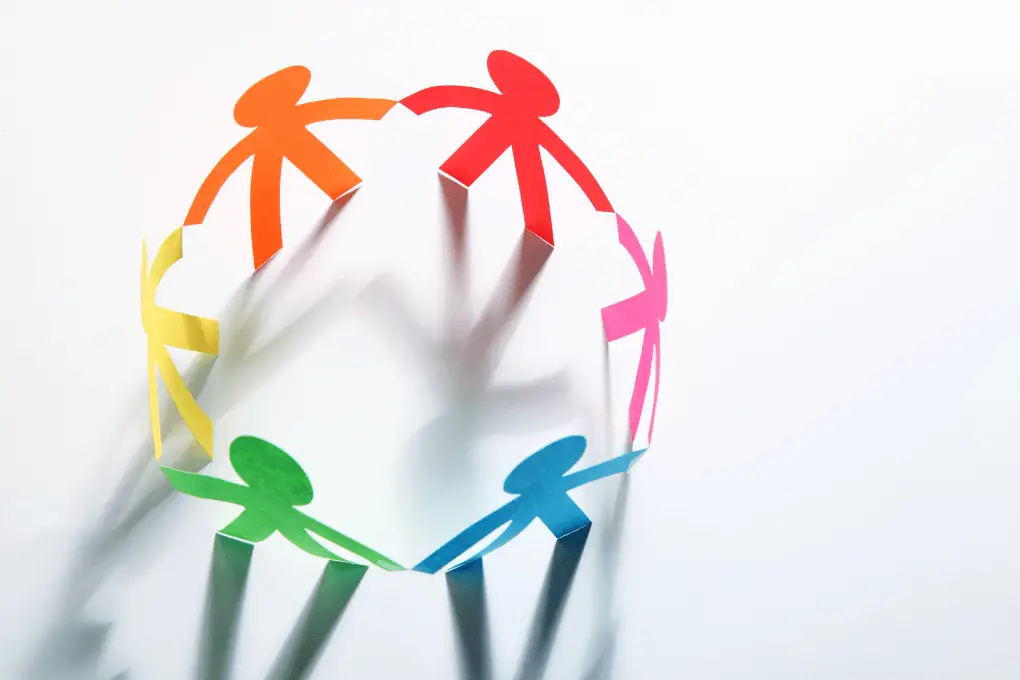
Sharing thoughts and ideas, exchanging messages, joining different groups – these are all part of the social media experience. It fosters a sense of community among family, friends, classmates, colleagues, and even strangers.
To put it simply, the ability to help establish and maintain connections is what makes social media well… “social.”
3. Social media makes it easier for creatives to get valuable feedback from others.
Getting feedback is a crucial part of learning and the creative process. Social media serves as a dynamic platform for this purpose.
When you post your works online, other people can freely share their thoughts and opinions about them. If they like it, more shares are likely to follow, which will help promote the project in a positive way.
On the flip side of things, though, if someone is less than thrilled with what they see, constructive feedback from others might just be all needed to improve on an idea or make it worth sharing again!
4. Social Media opens up learning opportunities.
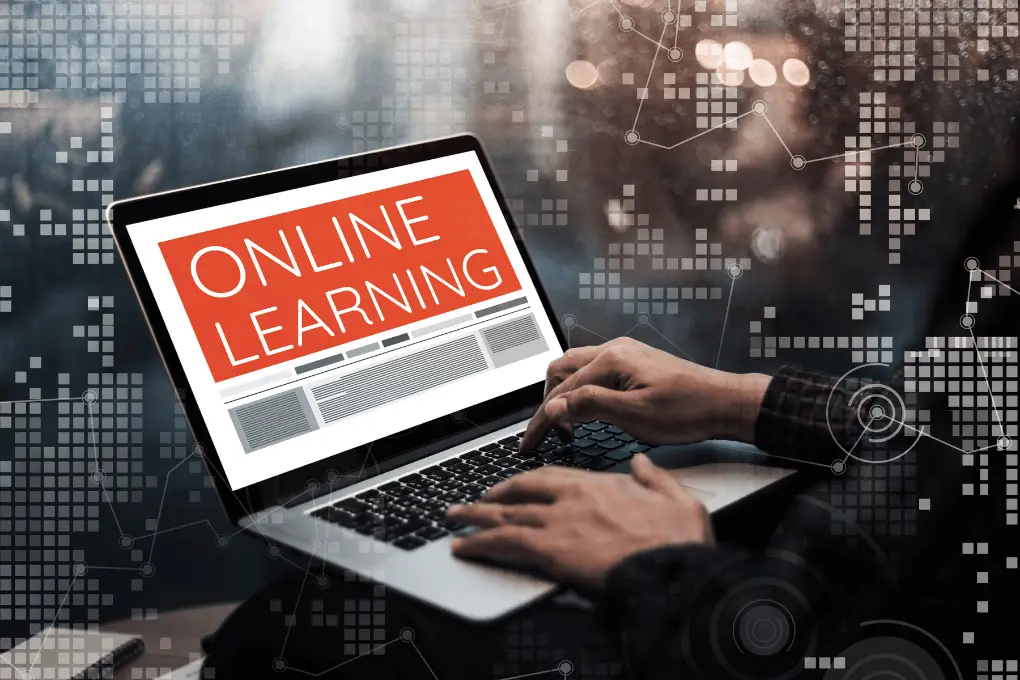
Nowadays, we have “webinars,” distance learning programs, and virtual classes – all of which are made possible by the Internet and social media platforms.
Regardless of how some educators feel about online courses, social media is now used by an increasing number of individuals for educational purposes.
In fact, a significant number of educators are considering shifting (or have already begun shifting) — from conventional teaching methods — to sharing what they know through digital educational programs and research-sharing platforms.
5. Social Media can be great marketing tools for your projects.
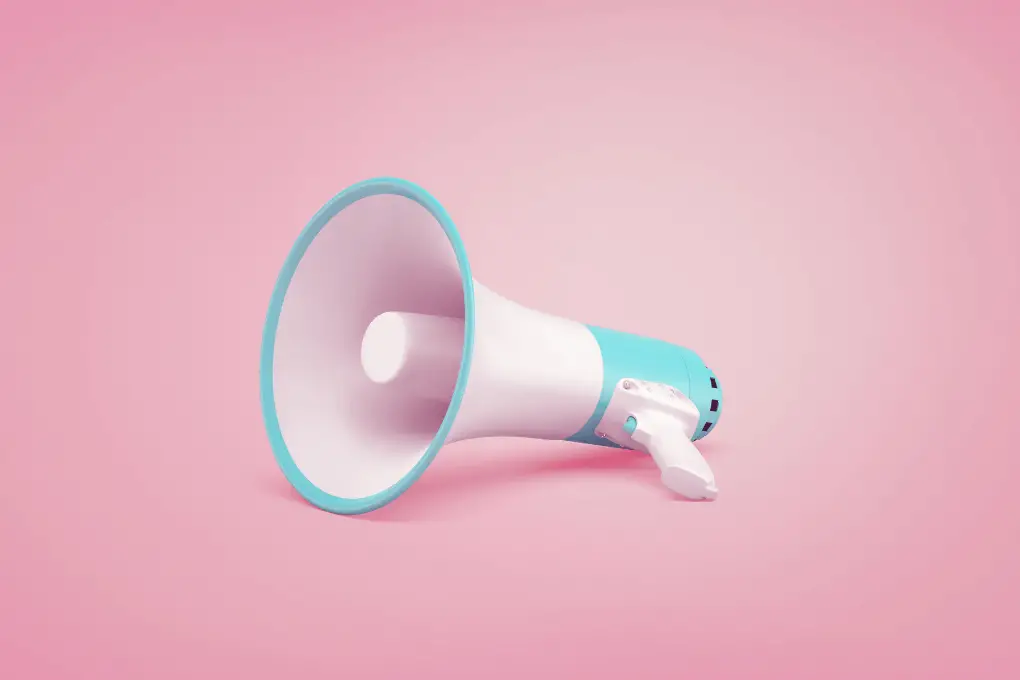
In case you haven’t noticed it yet – you can use social media to promote your works as well as gain “followers.”
Creating a Facebook page, for example, is a strategy that’s being used by literally millions of companies, groups, and individuals to build a “fan base.” Similarly, job seekers use LinkedIn and other similar websites to share their CVs and portfolios to catch the attention of employers and recruiters.
If you’re a creative, who’s looking for more exposure (and eventually earn some income from it), you might want to consider promoting your work through social media.
It’s free and opens up numerous opportunities for the work that you’re passionate about.
The Negative Effects of Social Media on Creativity
Now that we have tackled the benefits of using social media, let us focus on the disadvantages.
Here are some of the negative effects of using social media, particularly on creativity:
1. Too much social media posting can lower the quality of your work.
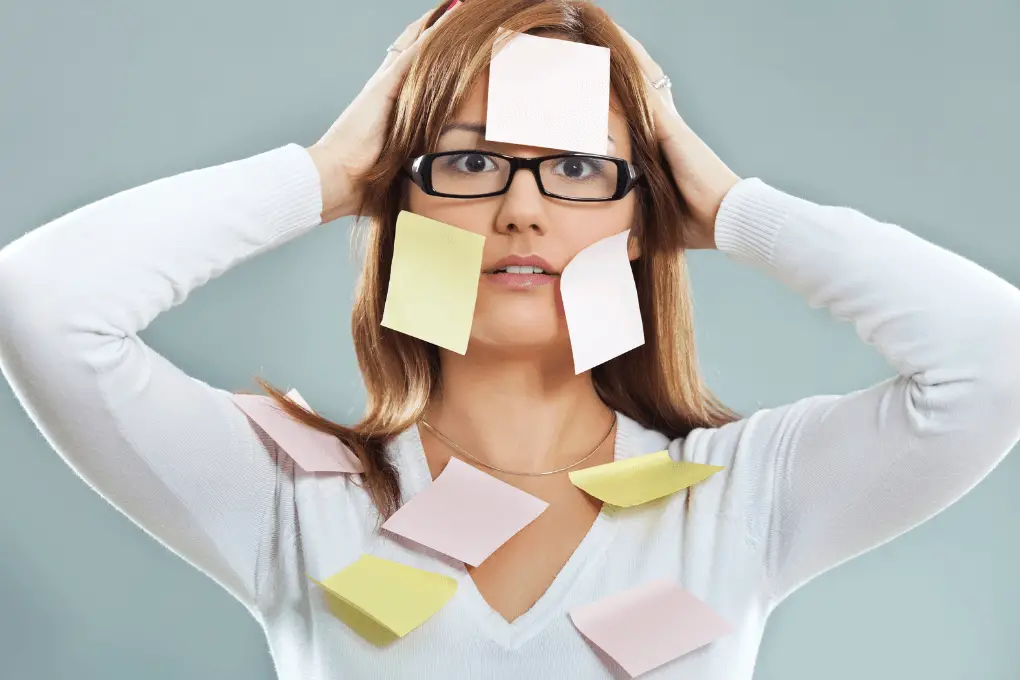
There’s that adage that goes, “too much of a good thing is a bad thing.”
Well, it turns out that’s true for social media as well. It’s all too easy to get sucked into the trap of posting on social media about your newest masterpieces, or how amazing things are going, or how many followers you have.
While this is all well and good, it may be costing you your focus, your energy, and even your creativity.
So, if you’re keen on promoting your works on social media, be smart about it. Learn how to manage your time and energy better, so you won’t get sucked into a time trap.
>>> Interested in becoming more productive? Check out this blog post.
2. Those who are overly exposed to social may experience heightened levels of perceived competition.
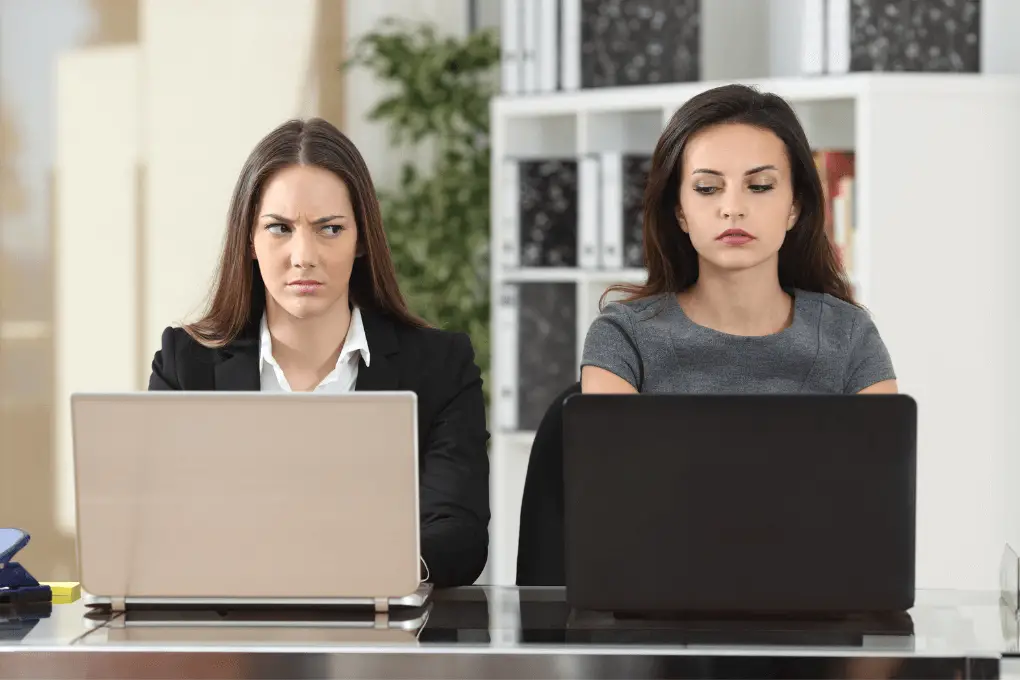
No matter how much you tell yourself that you’re at the top of your game, you’re going to feel a little uncomfortable when you find out that you’re competing with hundreds (even thousands!) of creatives who are like you.
You see, that’s the thing with social media. They are made to bring together people who have similar interests, skillsets, jobs, etc., making it easier for them to engage with each other. But when you’re too exposed to people who are “better” than you, you may start to question your skills and capacity.
Do you really have what it takes to compete against the competition?
Hopefully, when you get started with social, you’ll soon realize that everything is just a state of mind — that you can eventually overcome.
3. You may need to deal with inaccuracies or false information when using social media.
Due to the sheer volume of content that gets uploaded daily, it can be challenging for social media platforms to practice “quality control.” As a result, information spreads quickly, including those that are inaccurate or false.
We’ve all heard of fake news that makes the rounds on social media, despite questionable sources and unverified data — and sometimes, you may have to deal with this yourself.
4. The social world could put you at risk of information overload sooner than you think.
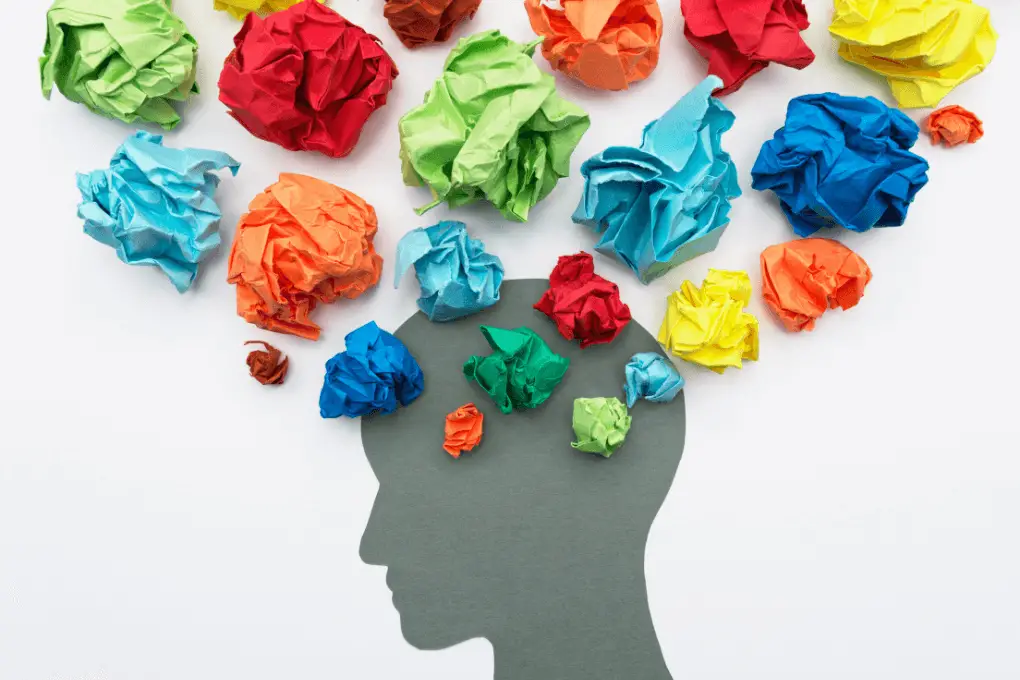
With the vast amount of content being shared across social networks, we’re bound to see “information overload” at some point.
There are shiny things everywhere — and it’s pretty difficult to catch up. It takes time and energy to decide whether something is worth our attention or not.
And if you’re not careful, you might end up wasting precious time and energy deciding which content to consume. You might even end up consuming too much that could do too little for you.
We all know that it’s impossible to see every single thing posted online – even if you skip meals and sleep. So be smart about the things you read and watch — so you get the most out of your creative energy and time.
5. You run the risk of having your work copied or used without your consent.
It’s so easy to share content on social media; however, it’s also easy for anybody to copy and “steal” content.
When you put out your work online for everybody to see — you embrace some risks, and that includes the possibility of having your works copied or used without permission.
Even though there are intellectual property rights and other laws in place to protect creators, like you and me, it’s still always a great idea to protect your work, just in case.
6. You could be wasting more time than you think.

It’s easy to get distracted when online content clamors for your attention – day in and day out. When you have socials, the distractions get amplified at least two or three times.
If you’re not careful, you might fall into a rabbit hole, constantly searching and mindlessly scrolling for random content that you’re not even sure you TRULY need.
Not convinced?
How many times do you check your Facebook or Instagram feed in a day? And how long does each “check” takes?
If you spend just a few minutes on socials, then good for you!
But if you don’t, then you probably need to change things up.
Being online multiple times a day could impact our creativity because here’s the thing: social media are notorious time-wasters. If you’re not careful, you might end up wasting precious time on unnecessary information.
Recommended Reading:
7. Social media entices people to make social comparisons.
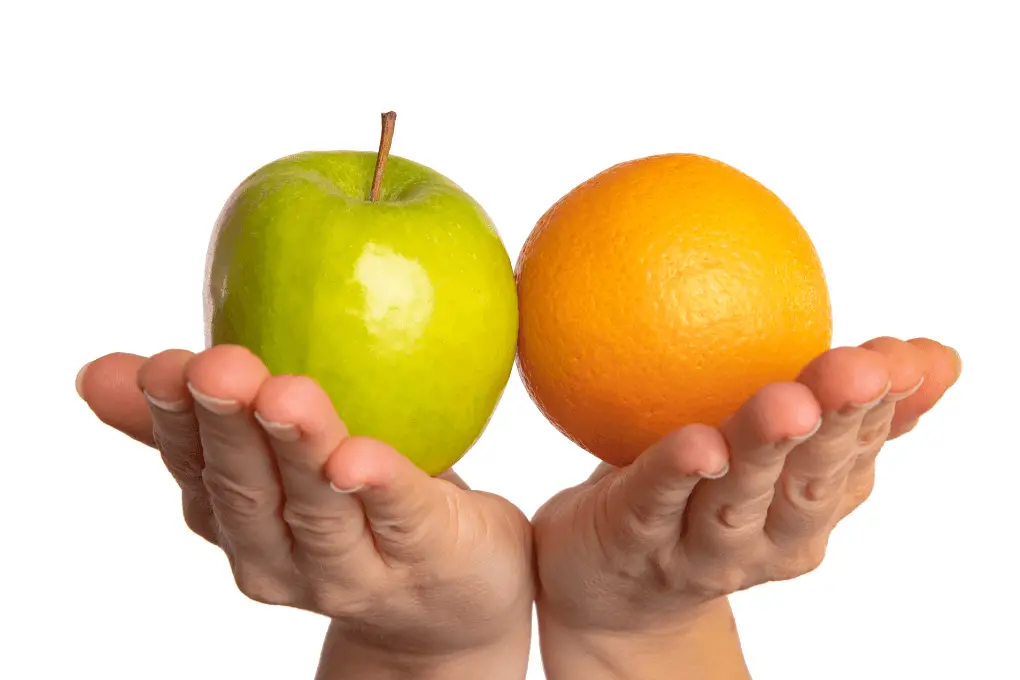
Sometimes, being on social can lead to unnecessary comparisons.
You probably have a friend or two (or a whole army of them) who like to post about their latest achievements, their latest vacations, and even their purchases. Even if they don’t mean to “brag,” sometimes, these kinds of posts could make others feel insecure, even envious of what they currently have.
An innocent post sometimes becomes a “keeping up with the Joneses” type of situation. Some people can’t help but compare what they have and others don’t — and vice versa.
If you want to safeguard your creative work from negativity and preserve your sanity, you should not indulge in unnecessary comparisons. Unnecessary comparisons are just what they are — unnecessary — and nothing more.
Remember: what you see on social isn’t always the entire picture.
The best thing you can do is focus on YOU — your dreams, goals, and tasks. You need to keep moving forward and be strong enough to face your challenges.
8. Our social media use can sometimes disconnect us from reality.
Although social media has given us the “power” to stay connected across long distances, it has also affected how we communicate with each other in real life.
We’ve all heard about family and friends coming together in one place, only to be distracted by their mobile phones. This creates an atmosphere of disconnection, which undermines authentic communication.
9. We may experience detrimental physical and mental health repercussions due to our social media use.
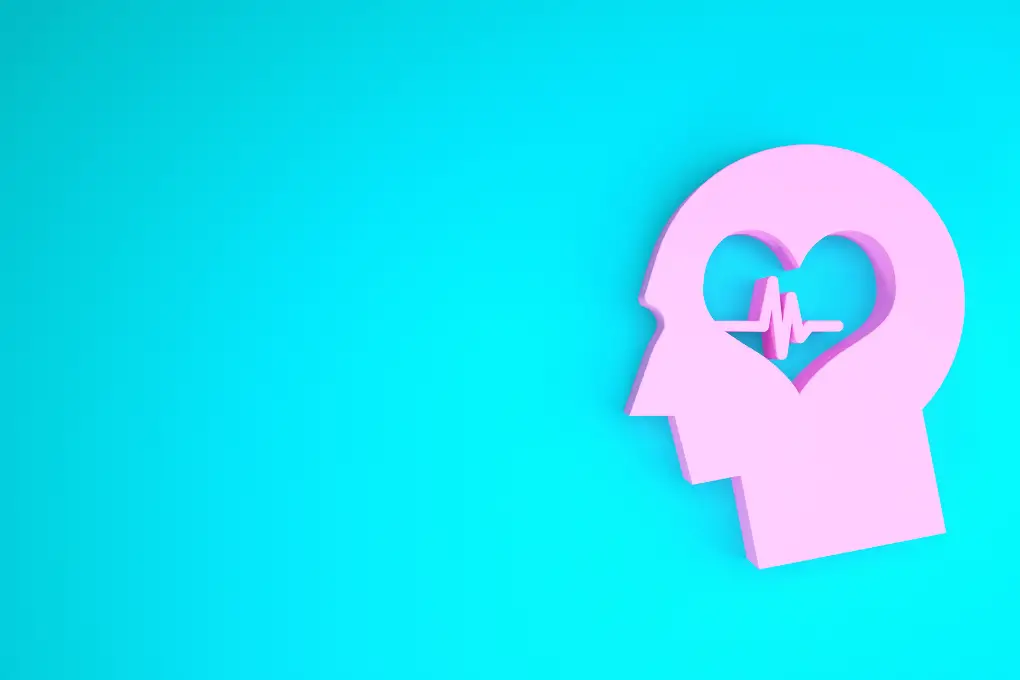
Since social media takes up so much of our time, we usually forget to take care of ourselves.
Because of mindlessly scrolling on social for hours, many of us lose track of time, stay up late, don’t bother to exercise, and even settle for “instant” and unhealthy foods.
Some people even get so addicted to being online that they need external help and “interventions.” Indeed, excessive use of social media can affect our health, both physically and mentally.
As a creative, you’re probably wondering how you can harness the power of social media without compromising your goals and your health.
Read on for some tips on how you can use social media the right way.
The Best Ways to Use Social Media
Social media can indeed be a double-edged sword, but that doesn’t mean you should stop using it.
If you use it correctly, it could be a vital part of your personal or professional growth.
These tips will help you be more mindful of how you use social media:
1. Choose the right platform.
It may be difficult to choose which social media platform is best suited for your creativity, but several options exist.
For example, if you want to gather constructive feedback on an unfinished project, perhaps it would be better to join a virtual community of artists and creative people instead of simply posting your work on Facebook. This way, you can be sure that the feedback you get is from people with similar interests and skills as yours.
2. Take time to verify your sources.
I cannot stress this enough — always take time to check and verify your sources to avoid spreading false information.
Sharing such content could affect your credibility among your friends and “followers” on social media. So before clicking the “share” button, make sure the information you’re about to share is accurate.
3. Protect your work.
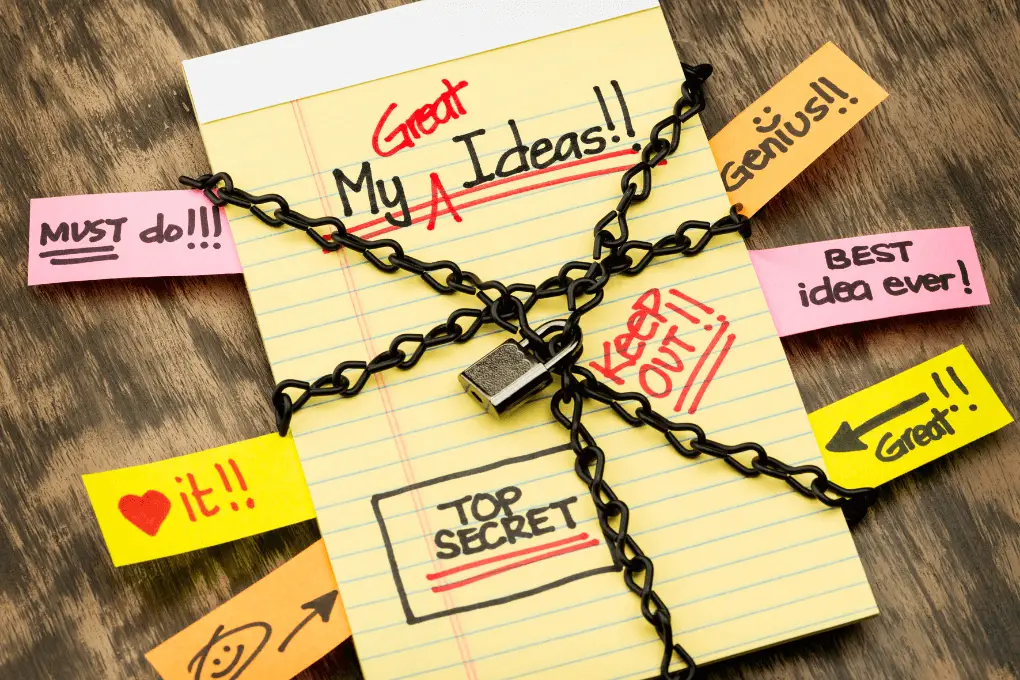
Nobody wants their creations copied or plagiarized, but the truth of the matter is that it’s inevitable and not something you can fully control.
Even when there are laws in place for this sort of thing, there are still people who can get away with claiming other people’s work as their own.
If you share other people’s work, credit the original creator in the same post, and you can expect others to do the same with yours.
In any case, you should take extra precautions to protect your work. You may start doing this by researching intellectual property laws in your country. Or better yet, seek the counsel of an Intellectual Property Rights specialist.
4. Limit your social media time.
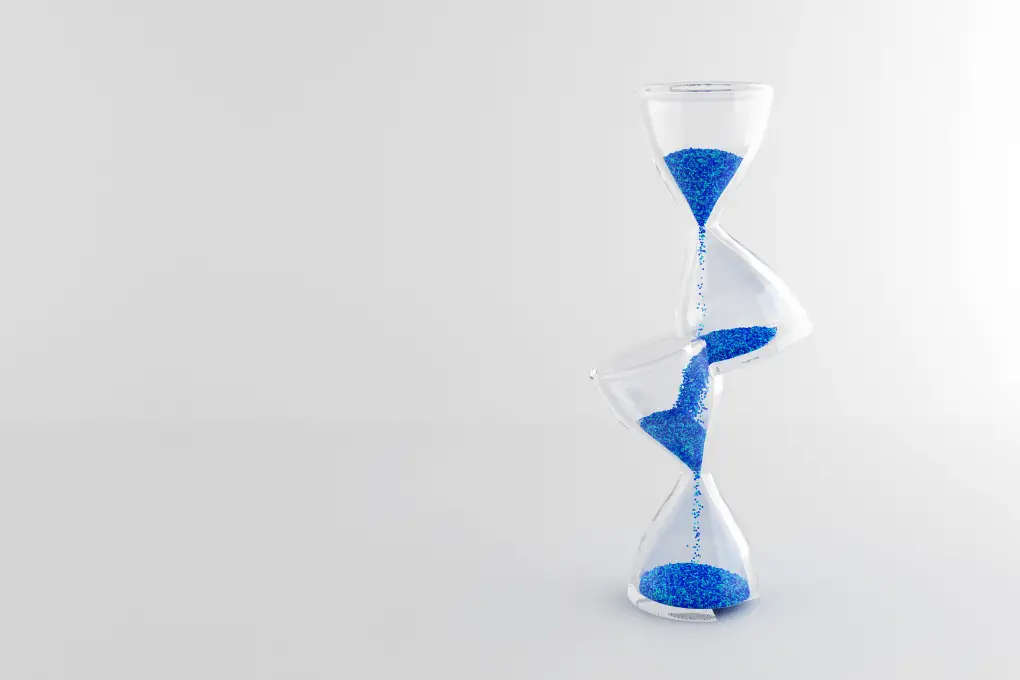
The sheer amount of content posted on social could distract you from work. It’s easy to lose hours browsing Instagram or Facebook, and before long, your day is gone, and you haven’t even done what you set out to do.
For this to not happen, get into the right mindset before logging on to social. Limit your social media usage if you need to.
If you’re using social for business, make sure that the things you do on social, like posting and engaging with followers, are fully aligned with your business goals.
Remember: social media is great for as long as you’re mindful of it.
5. Avoid comparing yourself with others.
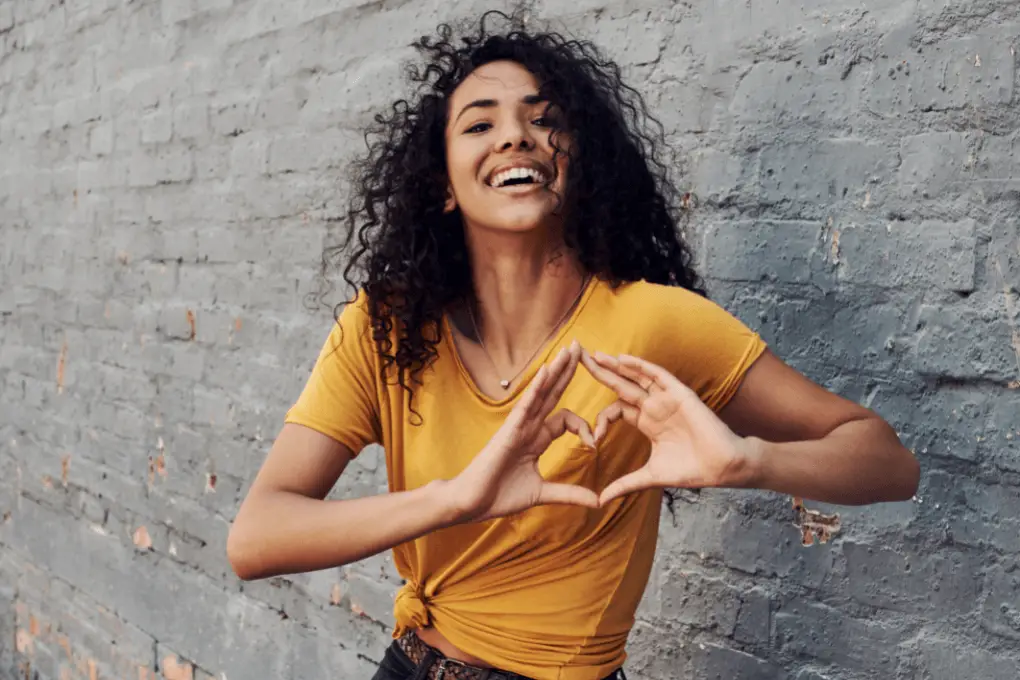
Whether online or offline, comparisons can be unhealthy and toxic. It’s one of the reasons why some people feel insecure, envious, and even unhappy. And in some cases, comparisons can have an adverse impact on one’s productivity, creativity, and quality of work.
So be sure to make a conscious effort to avoid comparing yourself with others. The outcome of your work can be beneficial and positive if you stay focused and committed to your work.
6. Care for your health.
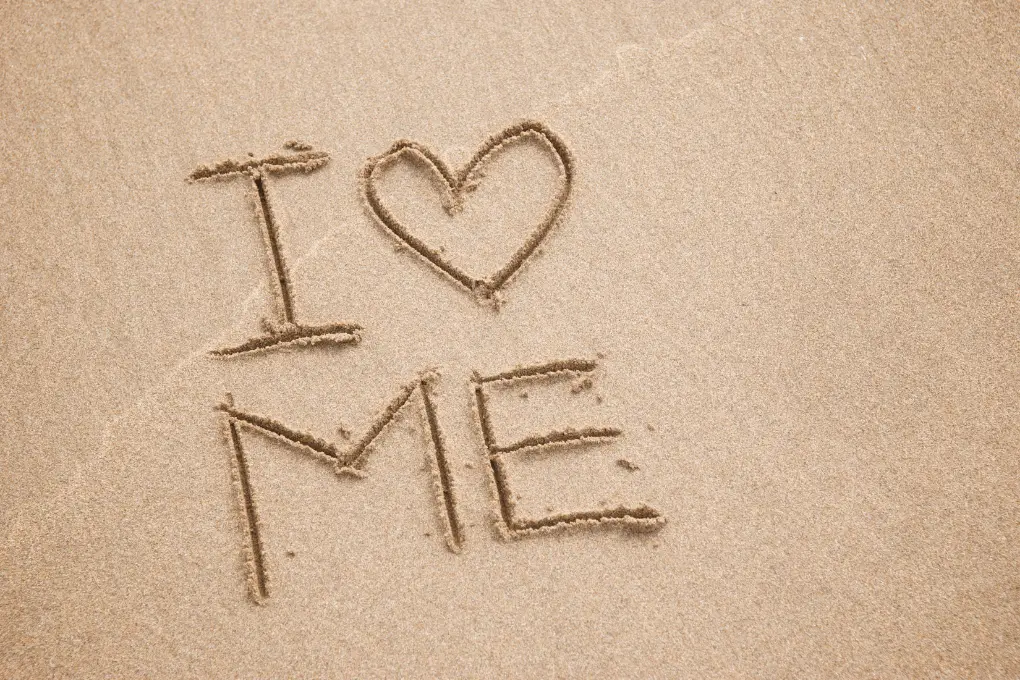
Social media has become part of our daily lives, to the point where it can be hard to understand a world without it.
As I’m sure you’ll agree, social media is essential. But we have to take care of ourselves because no one else will do it for us.
So, don’t let your life revolve around socials. Don’t stay cooped up for too long indoors. Go out there, experience life the way you should — and don’t do it just for the likes or the engagement. You need to do it for yourself.
Take care of your body, too. Exercise regularly, and eat healthily. Get enough sleep.
Make a conscious effort to remain fit and active so you can stay productive and keep those “creative juices” flowing!
Recommended Reading:
The Bottom Line
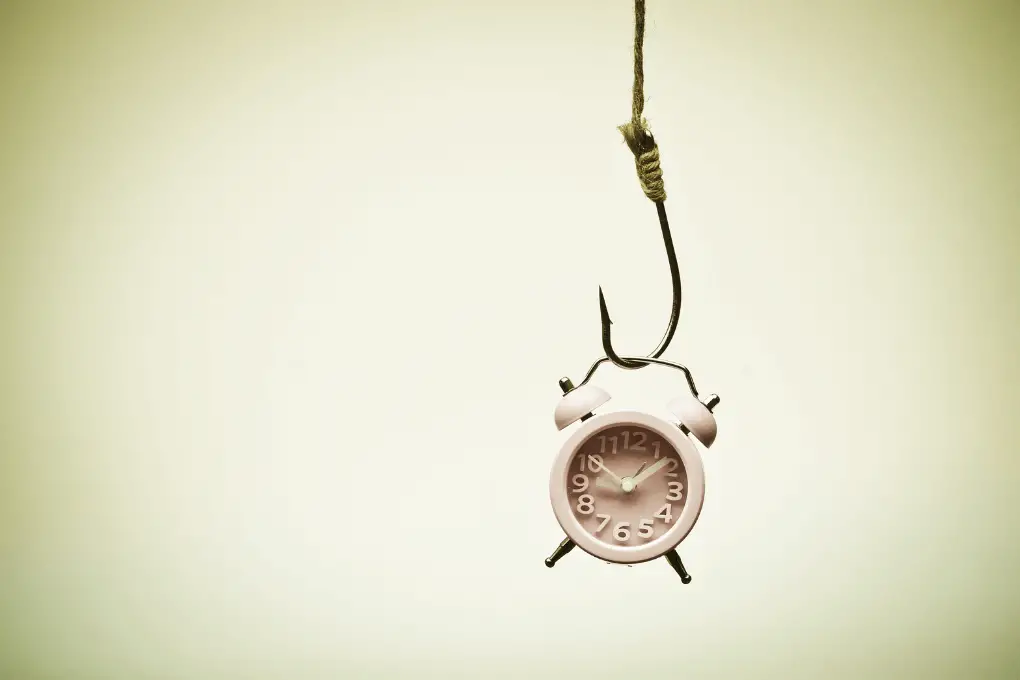
As you can see, there are advantages and disadvantages to using social media, and it’s up to you and me to ensure that we lean more towards the positive side of things.
The key is to strike a balance and ensure that our social media usage remains “healthy” so we can maximize it to benefit our creative skills.
Remember, social media is only a tool that you can harness and control. Don’t let it control you.
Let’s Keep the Conversation Going!
Do you know some other negative effects of social media on creativity? Let us know below!
Also, comment below with your thoughts about how you’ve found success balancing your time between social media use and creativity.
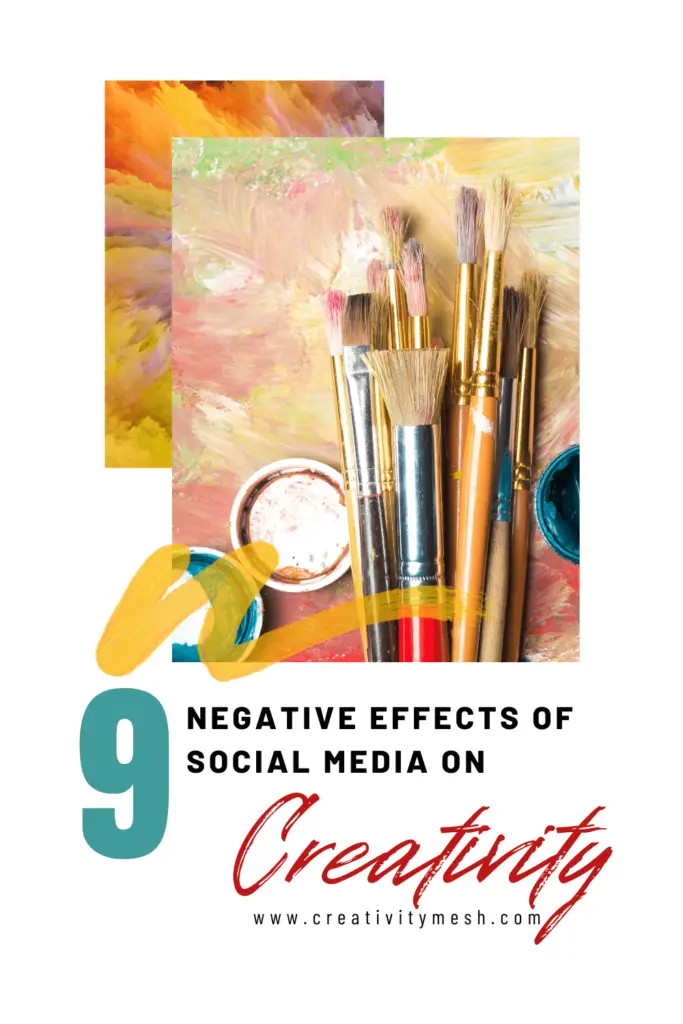
Disclaimer:
This post may contain affiliate links. Meaning, if you click on one of the product links, I will earn a small commission at no cost to you. Thank you for supporting Creativity Mesh.
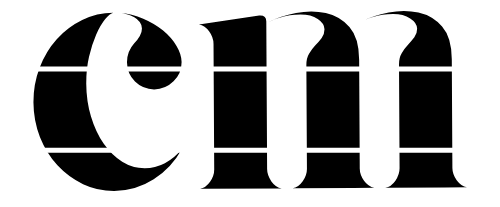
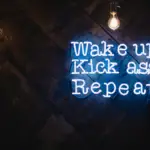
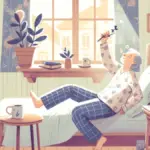


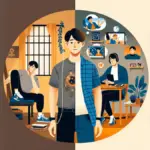
1 thought on “REVEALING The 9 Negative Effects Of Social Media On Creativity ”
Comments are closed.